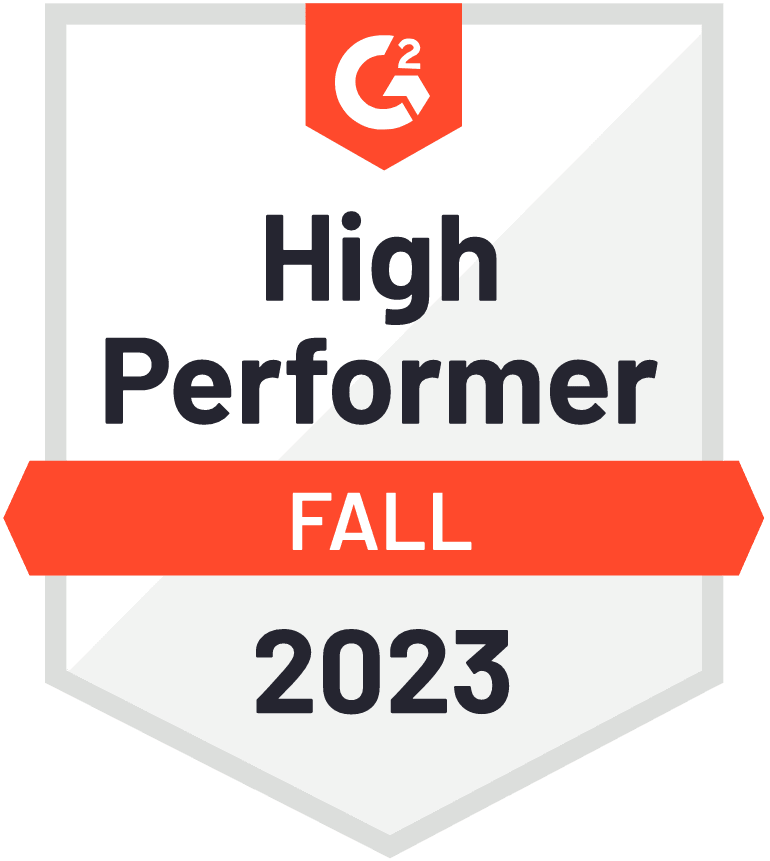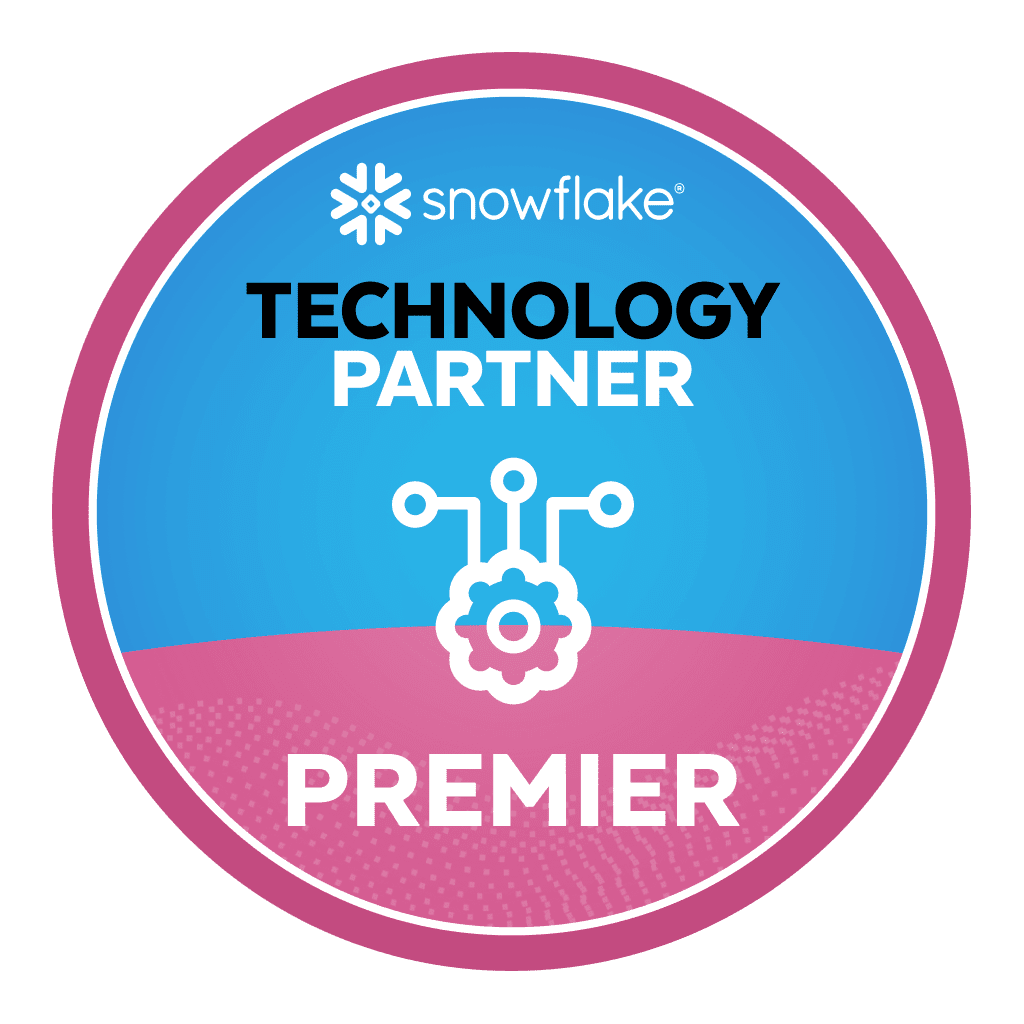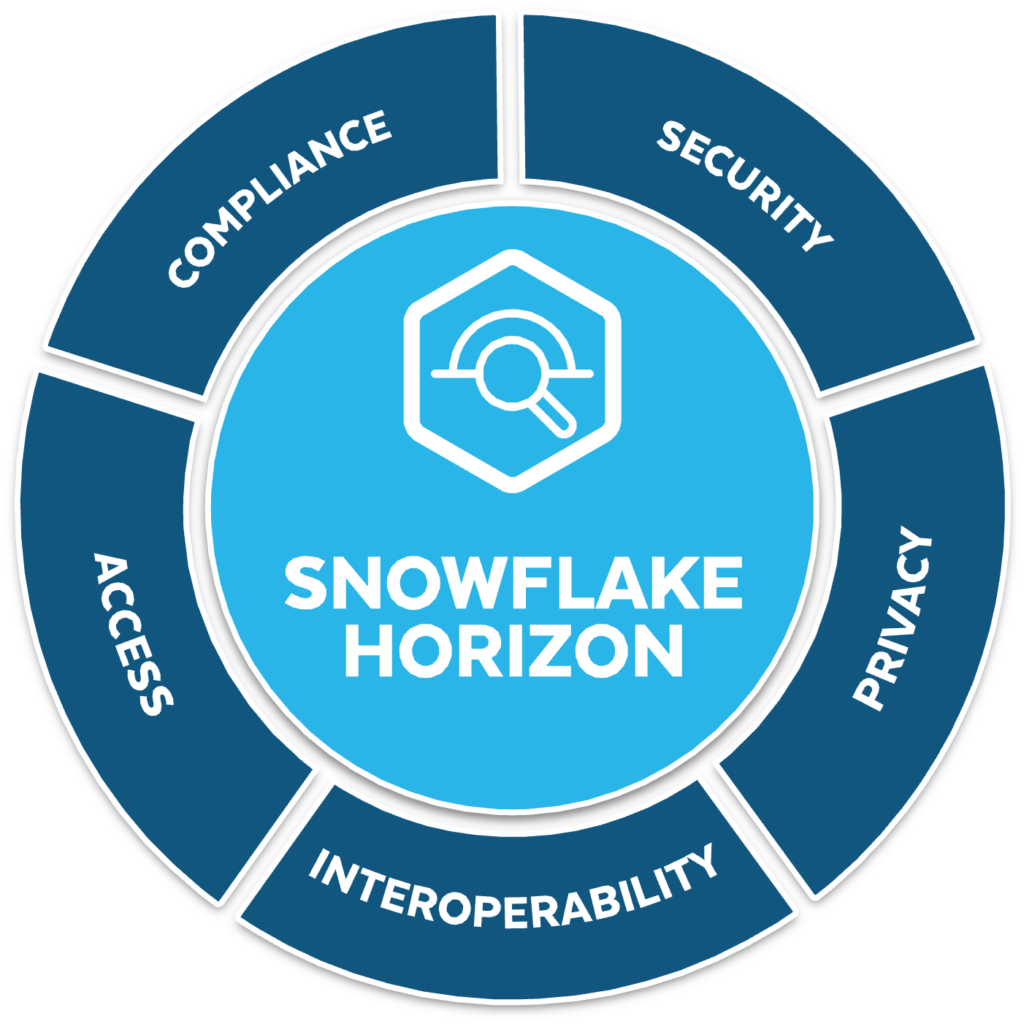With the massive amounts of data businesses collect and store, putting that data to use is becoming difficult. So, firms are now prioritizing data processing speeds and data quality to produce actionable insights from these massive data sets. To fulfill these needs, many turned to DataOps, an agile data management strategy.
DataOps focuses on a continuous integration strategy to enable data-driven decision-making with constantly updated data. It requires collaboration between development teams and data teams to deliver the tools, processes, and structures needed.
This article will discuss the process of implementing DataOps in Snowflake by covering the following topics:
What is Dataops?
DataOps is a collaborative data management strategy that focuses on enhancing the communication, integration, and automation of data flows across data managers and data consumers throughout an organization.
By establishing predictable delivery and change management of data, data models, applications, products, and related artifacts, DataOps aims to deliver value more quickly. DataOps use technology to automate testing, creating, deploying, and monitoring data delivery with the necessary levels of governance. Further, it uses metadata to increase the usability and value of data in a dynamic context.
Overall, DataOps offers a flexible data framework that delivers the appropriate data, at the proper time, to the relevant stakeholder. This is achieved by combining agile software development with DevOps, personnel, and data management technology.
Every employee, from data analysts to application developers, marketers to salesmen, and everyone in between, is now required to drive results with data. In this sense, DataOps expedites development by deploying automated data workflows to provide high-quality data on-demand to corporate clients.
What is Snowflake?
To remain competitive in today’s environment, businesses need to make decisions based on data. This form of informed decision-making can benefit every aspect of business operations.
To help better organize data, some businesses use cloud-based data platforms making their data available anywhere and at any time. Snowflake became one of the most well-known cloud data platforms by simplifying environment management.
As a fully managed SaaS (Software as a Service), Snowflake is a single cloud data platform that offers:
- Data warehousing
- Data lakes
- Data engineering
- Data science
- Data application development
To meet the demanding needs of expanding companies without compromising on data quality, Snowflake includes out-of-the-box capabilities:
- Separation of storage and computing
- On-the-fly scalable computing
- Data sharing
- Data cloning
- Support for a variety of third-party tools
DataOps In Snowflake
When properly implemented, Snowflake can cover your entire DataOps lifecycle management initiatives. It offers in-the-box features and end-to-end integrations for a heterogeneous data environment and functionality for:
- Environment management
- Automated testing
- Continuous improvement and continuous development
- Data governance
- Data security
- Tracked changes
- Data analytics
The features and integrations Snowflake offers are all contained within an intuitive user interface.
With an intuitive interface, you can enhance your development teams and hasten your delivery to business stakeholders, ultimately leveraging your entire data pipeline.
Snowflake was created to achieve optimal speed and performance. Snowflake is the first cloud data platform to provide the underlying infrastructure to enable the true principles of DataOps. With Snowflake, businesses can execute and deliver the same value that DevOps provided for years in terms of agility, maintainability, security, and governance.
In light of this, DataOps for Snowflake has developed to take advantage of the most cutting-edge capabilities of Snowflake. This solution will allow businesses to experience the power and agility of DataOps, without making any concessions about governance or security.
What is DataSecOps?
A word of caution: you should not provide permission for DataOps to be implemented without security already tacked into it. Security must be a priority. In this regard, DataSecOps is an agile, holistic, security-embedded approach to coordinating the ever-changing data and the consumers of that data. Its goal is to swiftly offer data of value while keeping data private, safe, and well-governed.
Instead of being an afterthought, security needs to be hardwired into data operations. This hardwiring entails developing a cross-team collaboration between security engineering and data engineering, as well as any other important stakeholders, including your technology partner, and doing it continuously, not just after a significant project.
This collaboration indicates that the security of data repositories needs to be understood and transparent to the teams responsible for their protection.
Read more about how maintaining data security pulls data teams away from their core responsibilities.
DataSecOps in Snowflake
Satori developed the first DataSecOps platform, which automates the modern data architecture’s access controls, security, and compliance. This platform helps to streamline data access and improves efficiency. The Secure Data Access Service is a universal visibility and control plane that allows you to monitor your data and its use in real-time while simultaneously automating access controls.
With Satori’s DataSecOps solutions for Snowflake, businesses can automate the process of accessing sensitive data. This frees up data teams so they can concentrate on building data pipelines and advanced analytics capabilities rather than developing ad-hoc access, security, and privacy features.
For Snowflake users who work with a lot of regulated data, Satori’s DataSecOps technology offers the governance you need to remain compliant. It streamlines access restrictions and provides extensive visibility for sensitive data.
The combined power of Satori and Snowflake allows businesses to automate security, privacy, and compliance policies while also enhancing data mobility to optimize your data insights. This makes your data more usable and secure.
Conclusion
Data specialists focus on providing the agility needed to generate real-time insights from rapidly expanding data in an automated manner. This process is now referred to as DataOps which offers clear guidelines to help you fully leverage your data.
However, managing this data requires security on all levels. This is where DataSecOps comes in by incorporating security into every DataOps process.
Satori was the first company to develop a DataSecOps platform, simplifying data access for modern data infrastructures, so that data teams can focus on their core responsibilities instead of spending most of their time on maintaining security. With constantly expanding capabilities, Satori automates access controls, security, and compliance checks within Snowflake’s DataOps platform.
Learn more about how Satori enables secure data operations in Snowflake here, or schedule a Demo with Satori today to see how Satori can fit into your Snowflake workflows.



